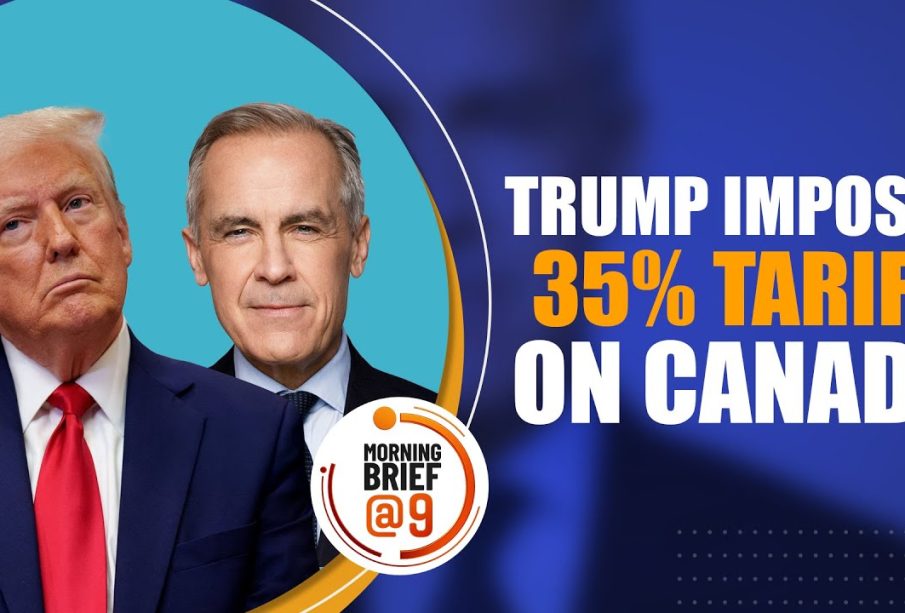The Impact of Trump Tariffs on Trade Relations

Introduction
The tariffs imposed during Donald Trump’s presidency have had a significant impact on global trade dynamics. Initiated as part of his ‘America First’ policy, these tariffs targeted steel and aluminum imports, among others, impacting trade relations not only withChina but also with Canada and the European Union. As the world grapples with the economic implications of these tariffs, it is vital to assess their relevance and significance in today’s economic landscape.
Details on Trump Tariffs
In 2018, the Trump administration implemented tariffs of 25% on steel and 10% on aluminum imports, stating that these measures were necessary to protect national security. This decision led to immediate retaliatory tariffs from countries like Canada, which imposed tariffs on various U.S. goods, notably agricultural products, leading to rising tensions across North American trade.
According to a report by the Peterson Institute for International Economics, the tariffs contributed to a decline in U.S. manufacturing jobs, countering some of the original goals of protecting American workers. The tariffs not only increased costs for U.S. manufacturers relying on imported materials but also triggered price increases for consumers, demonstrating the complex interplay between domestic policy and international economics.
Recent Developments
As President Biden took office, discussions around the continuation or repeal of Trump-era tariffs have been ongoing. The current administration is weighing the impact of existing tariffs and is contemplating adjustments, particularly as the U.S. economy navigates recovery post-pandemic. Trade talks between the U.S. and other nations, particularly those affected by tariffs, remain crucial in addressing these economic challenges.
Conclusion
The legacy of Trump tariffs continues to shape U.S. trade relationships. Their long-term implications may influence future trade policies, particularly in light of ongoing global economic shifts and challenges. As industries and businesses adapt to the current tariffs, Canadian and American stakeholders are hopeful for a more stable and cooperative trade environment moving forward. The evolution of tariffs will remain a significant factor in the geopolitics of trade in the coming years, making it essential for both businesses and consumers to stay informed.









